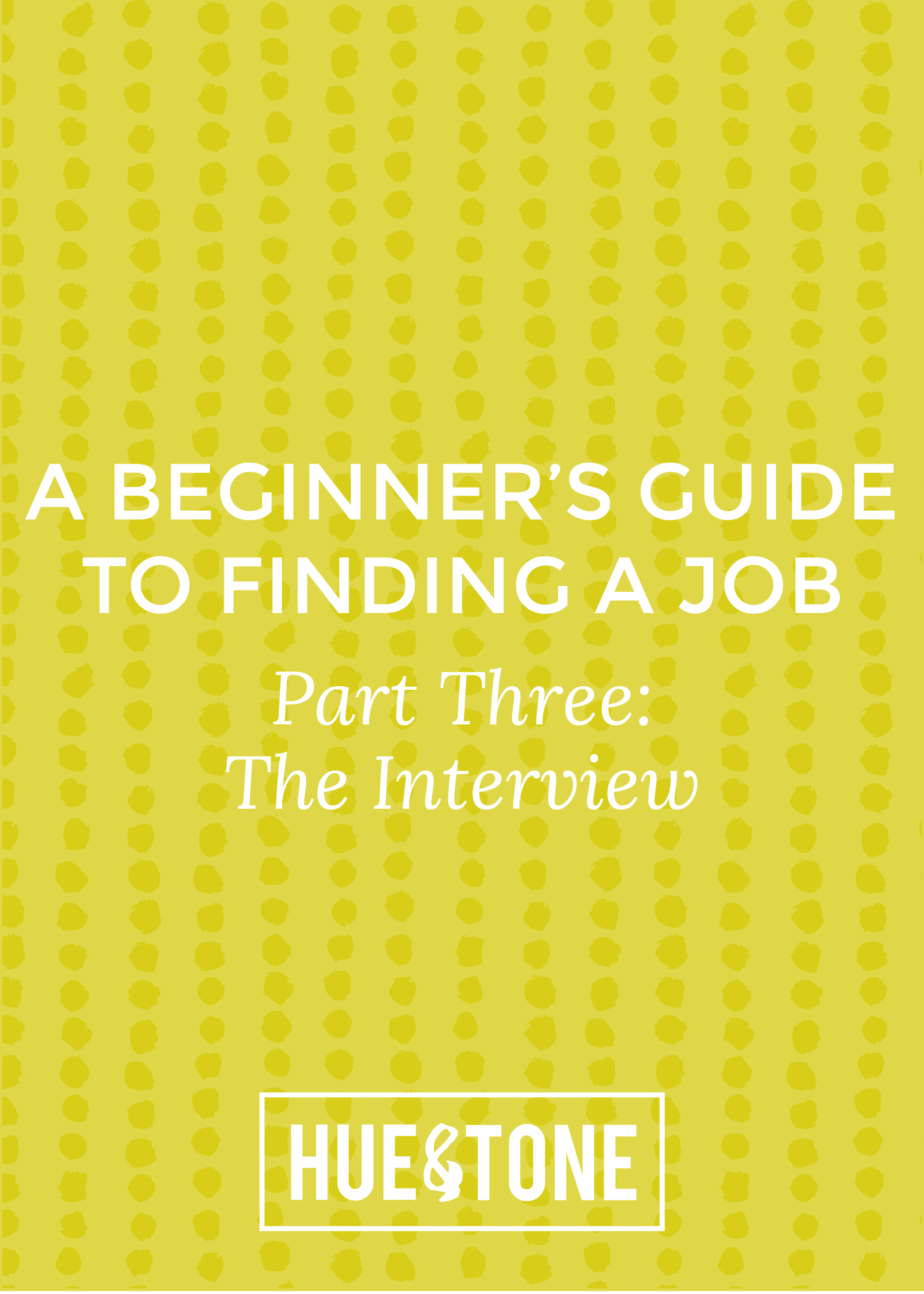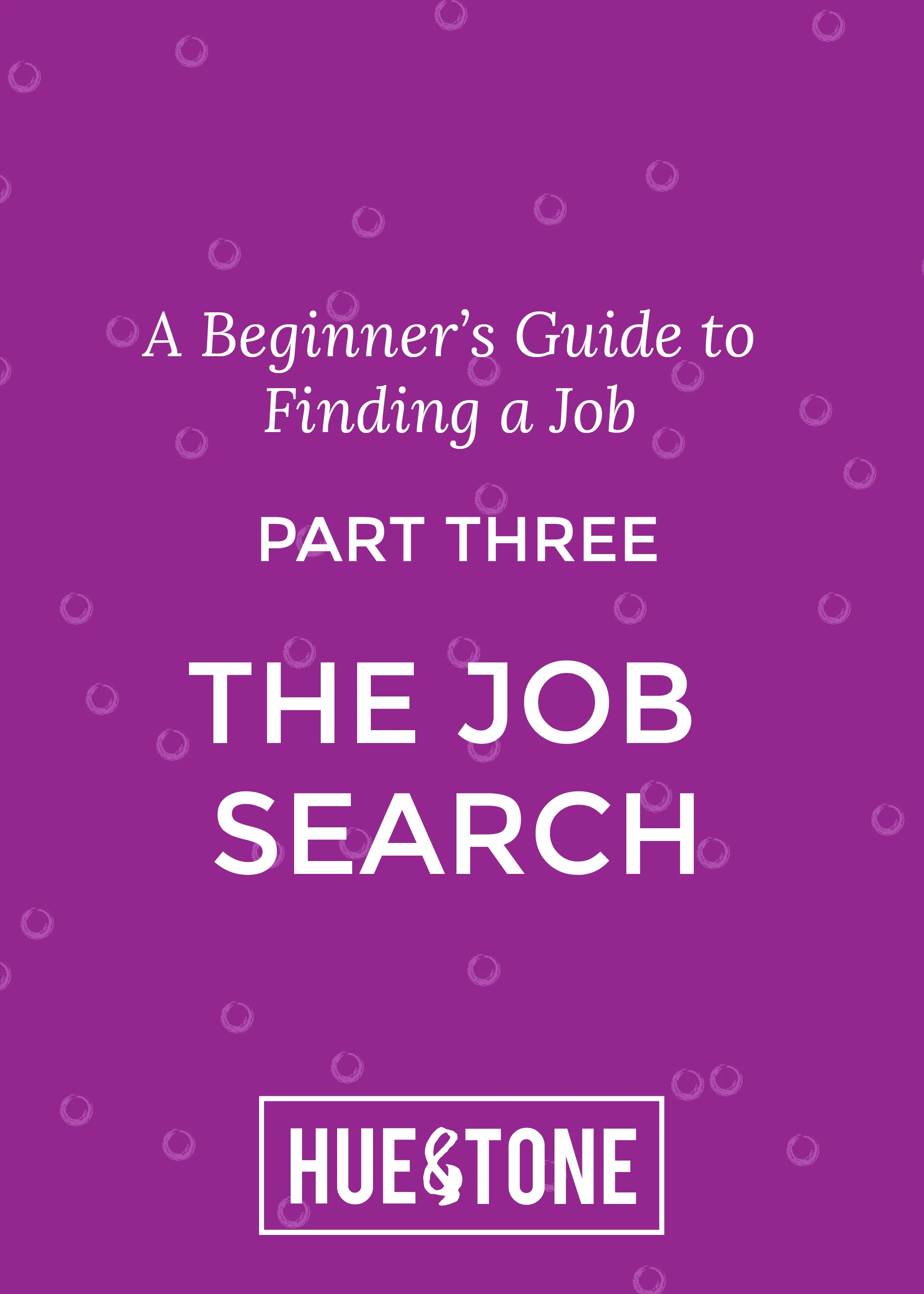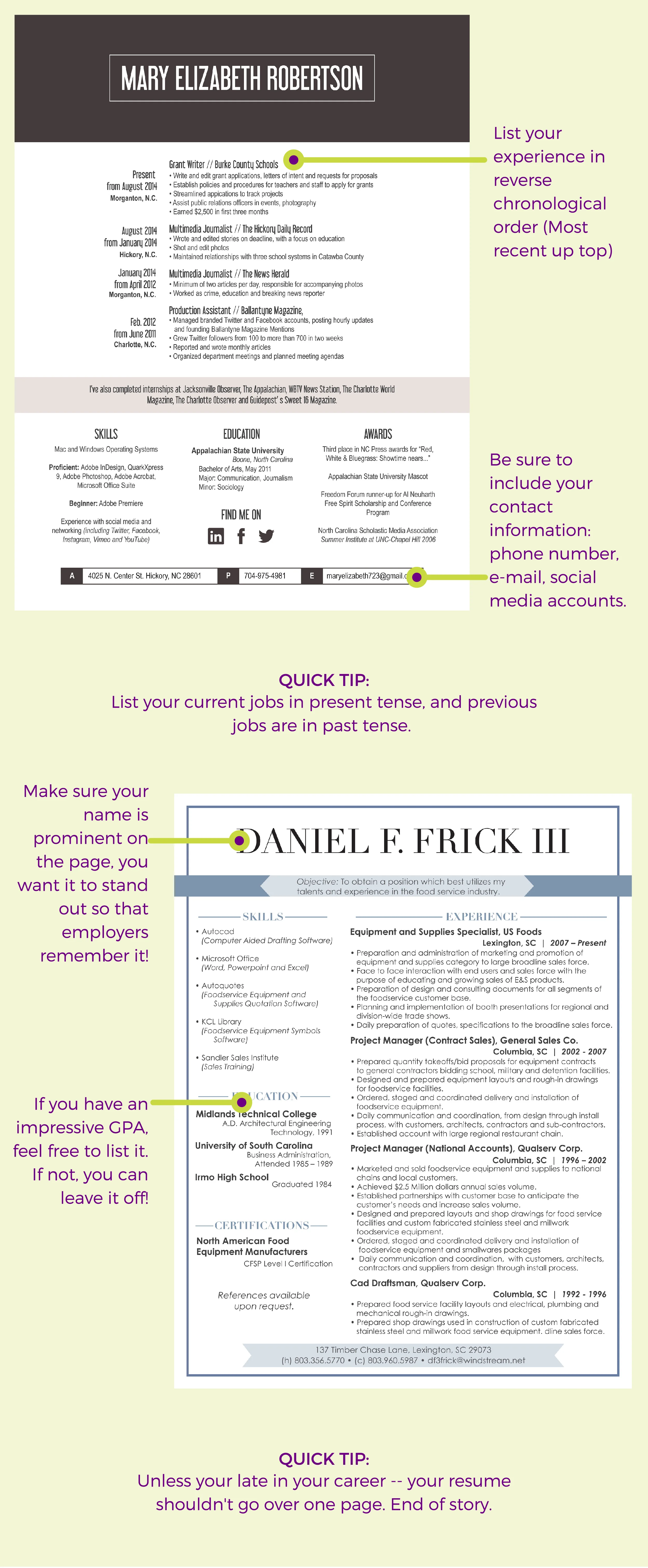If you read our Beginner's Guide to Finding a Job series this summer, you may be wondering what happened to Intern Kelly.
Kelly's tips and tricks for the job search worked well -- so well that she found and accepted her first post-grad job! We're sharing the final post in Kelly's series here today.
It covers all aspects of the interview preparation process. And if there's one aspect of pre-freelance life I remember most vividly, it's job interviews.
They can be completely nervewracking...but I've learned that being completely, carefully prepared is the best possible way to stave off nerves. There's no such thing as being too prepared for an interview.
Kelly's tips, which cover everything from initial prep to follow-up, are below.
Whether you have a phone, Skype, or face-to-face interview, being confident and prepared is crucial. In most cases, phone interviews are the first step in landing a face-to-face interview—so it’s important to nail it! Here are a few ways to make sure the interview process goes smoothly:
1. Prepare.
Know your stuff. Research the company before the interview so that you're comfortable discussing the services, culture, and expectations of the company. During my own job search, these questions were often asked right out of the gate -- usually during phone interviews.
2. Ask questions.
Make sure to ask questions during the interview process. Asking questions demonstrates your genuine interest in the potential position and your engagement with the process, and shows the interviewer you're eager to learn more. A few of my favorite questions to ask are:
What are the biggest challenges the person in this position will face?
What would a successful first year in the position look like?
What are the qualities someone in this position need to succeed?
3. Show off your previous work.
For phone or Skype interviews, attach a link to your online portfolio when you confirm the interview time, or when you send your resume. Print out samples for in person interviews – it’s always better to be overly prepared, and having printed samples can help guide the conversation if you find yourself forgetting your accomplishments.
4. Look the part.
Interviewers will take in how you look before you even start talking – and Skype interviews are no exception! It is important to look your best. While the attire that's considered professional varies depending on the industry, for men it generally involves wearing a tailored suit, with nice shoes. A dark colored suit will also do the trick for women, with a short close-toed heel. When in doubt, wear business professional dress, pay attention to what others in your industry are wearing, and keep makeup and jewelry to a minimum.
5. Follow up.
Chances are you won’t be the only one interviewing for a position – don’t let the interviewer forget about you! Immediately after your interview, jot down notes in the car about your conversation. Nothing is too insignificant – write down everything from position specifics and project details to the names of your interviewer's children. While these smaller details may not be useful in the short-term, you’ll be glad you have them if you go back for a second interview or end up getting the position. Add your interviewer on LinkedIn and follow-up with a well-thought-out email.
Thanks for following along with this series! If you're an interviewing pro, I'd love to know your tips. What calms your pre-interview jitters? What's your answer for "what's your biggest weakness"? Let me know in the comments below.










